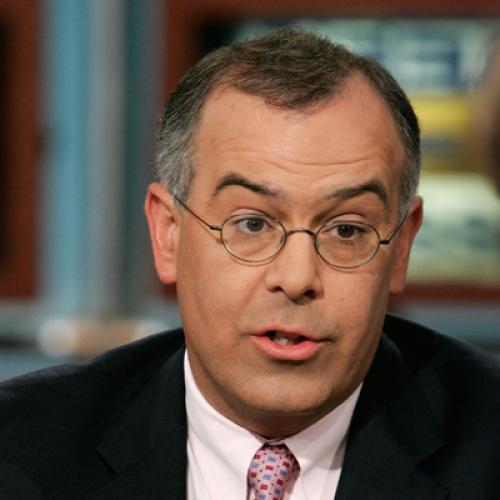Last week in these notes I commended Maura Healey, the Massachusetts Attorney General. I had contrasted her presentation at the annual Cost Trends Hearings with the presentation of the “conservative” Governor Charlie Baker. In my view the Governor is “conservative” in the “traditional” sense David Brooks recently defined in a New York Times op/ed piece:
By traditional definitions, conservatism stands for intellectual humility, a belief in steady, incremental change, a preference for reform rather than revolution, a respect for hierarchy, precedence, balance and order, and a tone of voice that is prudent, measured and responsible. Conservatives of this disposition can be dull, but they know how to nurture and run institutions. They also see the nation as one organic whole. Citizens may fall into different classes and political factions, but they are still joined by chains of affection that command ultimate loyalty and love.
I have had the good fortune to know the Governor for about twenty years and worked closely with him during the period between 1998 and when he left his position as CEO of Harvard Pilgrim. My experience with him would lead me to say that Brooks’ very positive definition fits the Governor very well.
I do not know the AG at all, although I was impressed by her intellect and commitment to a progressive agenda from the first moment I ever heard her speak in person. Since coming to office in January she has quickly developed a reputation for successfully pursuing a progressive agenda, and also for working well with business and local political leaders. Boston Magazine paints a very positive and informative picture of her and her early successes.
Massachusetts is blessed in many ways, not the least of which is its remarkable history of effective leadership from the best that both parties have to offer. I am not overlooking a host of real rogues. We always seem to have a few pols who are in prison or under indictment. But the large majority of our public leadership from both sides of the aisle is trying to make a difference.
I bring this up because I wanted to underline the positive note with which I tried to end my report last week on the Cost Trend Hearings. The tensions that I heard last week in the presentations are present across the country and will be prominent in the 2016 state and federal elections. Election years are critical because our Constitution was written specifically to make rapid change difficult but to allow reasonable change over time and after a process. AG Healey and Governor Baker speak from different political mindsets but they are both able leaders who are loyal to our shared traditions. They stand as good examples for others to emulate as we collectively try to do the hard work of transforming a dysfunctional and expensive system of healthcare that still ignores many who need care and inadequately serves others with a bad product despite their theoretical access to care.
The different inclinations and the difference in focus on how best to move forward that is seen in the contrast between Baker and Healy are similar to the differences in point of view that are present in healthcare. Shrill voices on the left and on the right are true expressions of strongly held beliefs and reflections of meaningful traditions but I suspect that there is truth in the old axiom that “the far right and the far left meet in the back”. Both extreme points of view discount the feelings and rights of many and are historically prone to try to co-opt the democratic process as they embrace the concept that the end justifies the means.
We have much to gain from listening to one another with a focus on the ideas and concepts that we share rather than how and where we differ. I find hope in the expectation that a non-political concept like the Triple Aim Plus One will eventually be seen as a compelling vision that will allow the large majority, composed of both self-defined progressives and conservatives, to find enough common ground to make it eventually happen.


